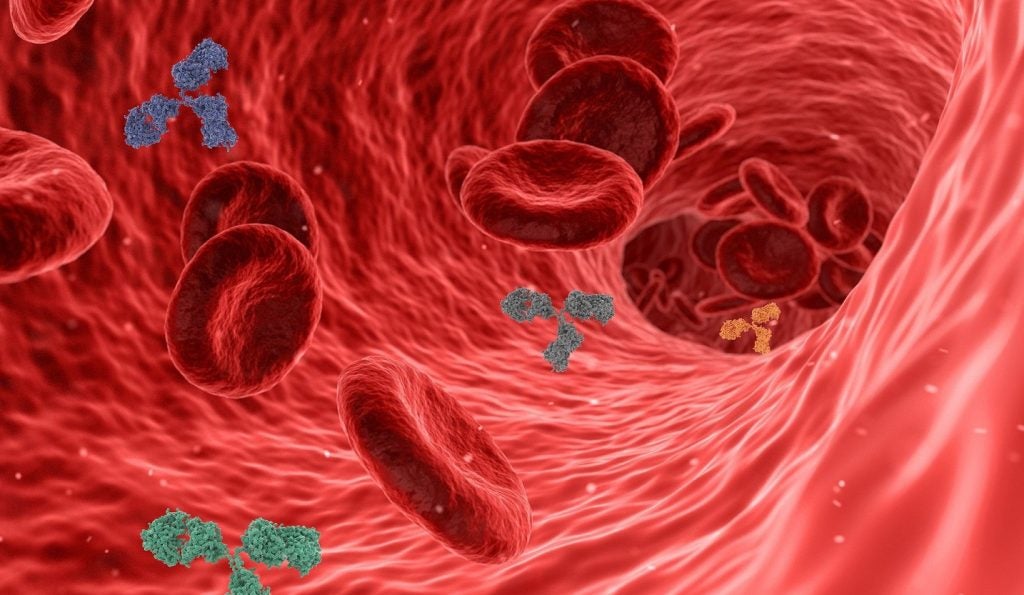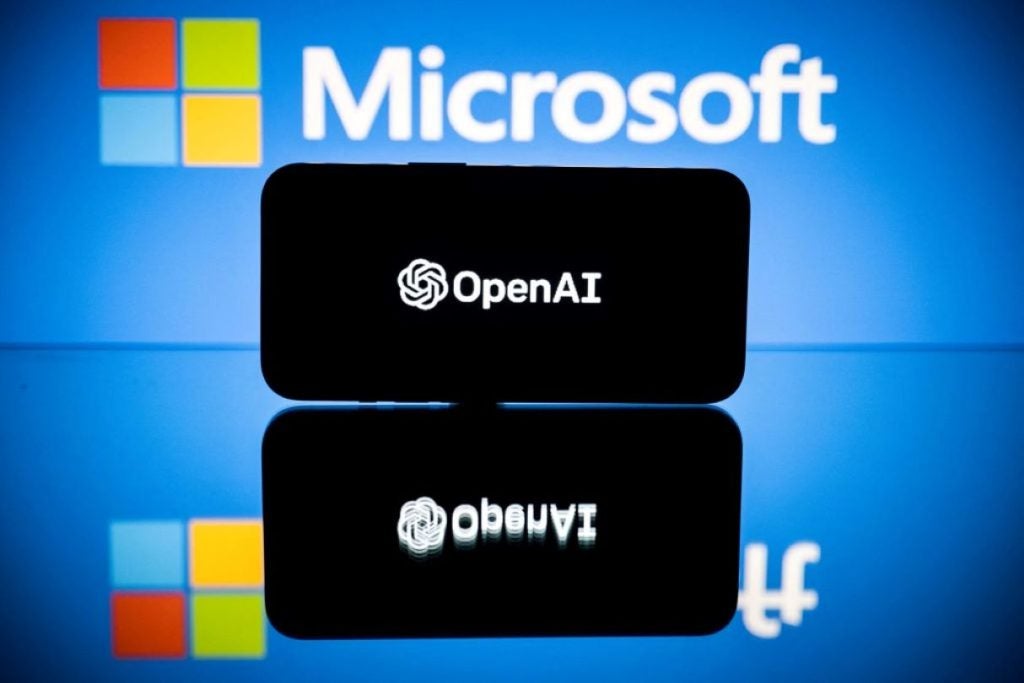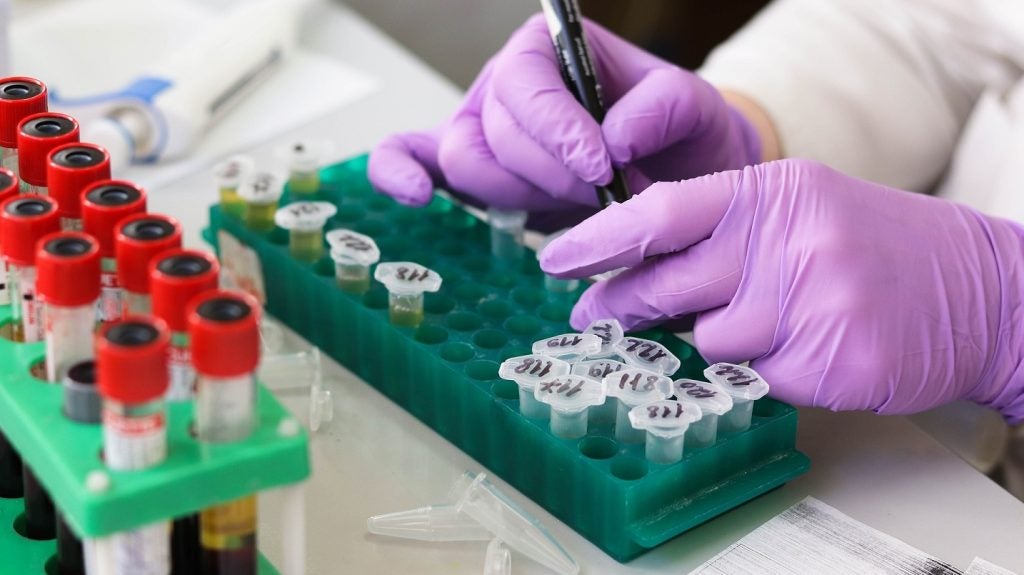The Global Health Innovative Technology (GHIT) Fund has announced an investment of Y1.64bn ($10.8m) in four new projects aimed at developing drugs to treat malaria and neglected tropical diseases (NTDs).
Of the investment, Y444m has been allocated to two malaria projects.
One involves Shionogi & Co, Nagasaki University and the National Institute of Infectious Diseases and Medicines for Malaria Venture working on a malaria chemoprevention drug.
Their project aims to identify a preclinical candidate for long-acting injectables in malaria chemoprevention.
The second project is led by Eisai, the Scripps Research Institute and the International Centre for Genetic Engineering and Biotechnology and aims for therapeutic drug development.
The goal of this project is to assess the safety, pharmacokinetic and efficacy profiles of next-generation cPheRS-inhibitor antimalarials, with potentially lower treatment costs and enhanced safety profiles.
For NTDs, the fund's investment includes Y1.2bn for two projects.
Eisai, University Hospital Bonn and the Helmholtz Centre for Infection Research are collaborating on drug development for onchocerciasis and lymphatic filariasis.
Their project aims to progress corallopyronin A (CorA) through final preclinical development activities to prepare for the first-in-human Phase I trial.
The Mitsubishi Tanabe Pharma Corporation and the Drugs for Neglected Diseases initiative (DNDi) are focusing on a treatment for Chagas disease.
The two-year project’s objective is to deliver optimised lead candidate(s) meeting the efficacy and in vitro safety requirements as outlined in the DNDi target candidate profile.
As of 31 March 2024, the GHIT Fund's portfolio includes 36 projects with 12 in discovery, 16 in preclinical stages and eight undergoing clinical trials.
The total investment by the fund since 2013 is Y33.2bn.
















